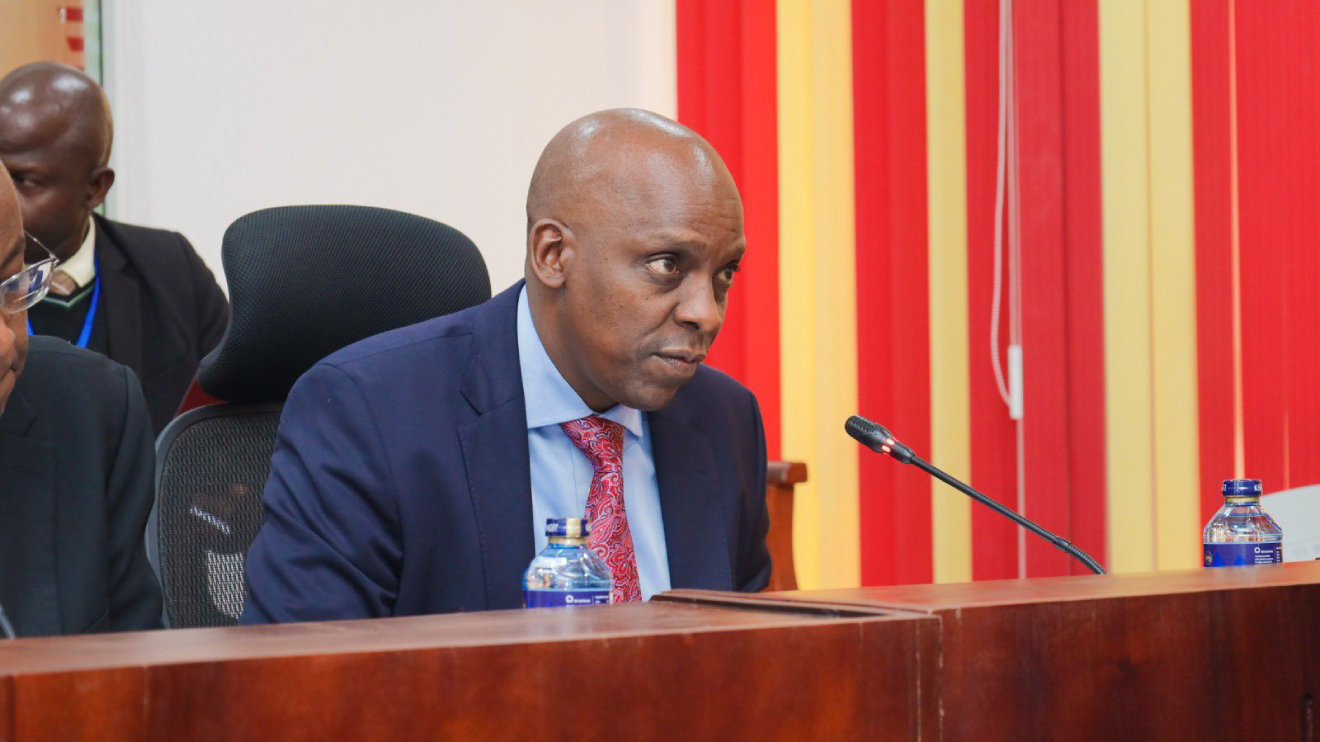Kenya Breweries Limited (KBL) has pledged to equip 60,000 farmers with agricultural skills and resources to build economic and environmental resilience amid climate change hurdles.
KBL says it will also equip smallholder farmers with means to build profitable enterprises successfully while ensuring the highest quality product is maintaining in their supply chain.
The firm made the announcement during an agricultural forum it hosted in Nairobi as it sought to foster meaningful debate on regenerative agriculture and climate change.
More than 100 stakeholders from the private sector, government, academia and NGOs converged to discuss significant issues surrounding sustainable agriculture in the region.
Agriculture and Livestock Cabinet Secretary Mithika Linturi called for collaborative efforts by all stakeholders to optimize the available opportunities in the country’s agricultural sector.
Read More
“We are committed to providing adequate and affordable working capital to farmers and deploying modern agricultural risk management instruments that ensure farming is profitable and income is predictable.
.jpg)
Linturi lauded the efforts by the private sector led by East African Breweries to provide a source of livelihood to thousands of farmers in Kenya and promoting sustainable sourcing.
“We are open for more partnerships and progressive engagements on how best we can work together to ensure that we secure the future of our food,” he added.
KBL Group Corporate Relations Director Eric Kiniti reaffirmed the brewing giant’s pledge to source sorghum and barley, the raw materials they use to brew their products, locally.
.jpg)
“Our local sourcing programme is a crucial business priority for us. It enables us to grow value together with the farmers in Kenya,” said Kiniti.
He added, “We invite more farmers to join us and assure them of a steady market and good prices for their produce. Our vision is to make our agricultural supply chains economically, socially and environmentally sustainable.”
Agriculture is Kenyan economy’s largest sector contributing half of the GDP, directly and indirectly, with two-thirds of Kenyans deriving all or part of their incomes from the sector.

-1684436589.jpg)






